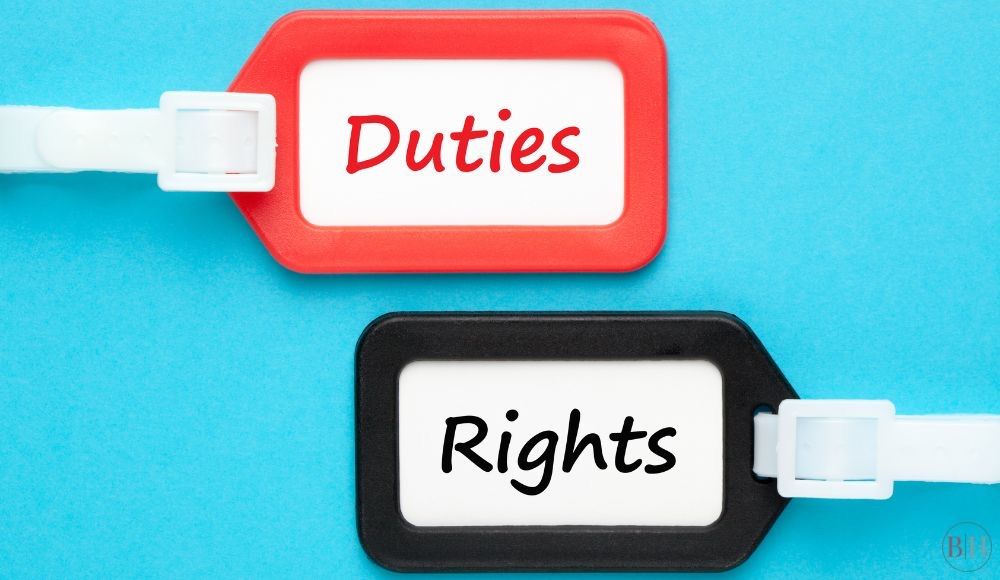Landlord-Tenant Law for Commercial Properties

The relationship between business tenants and property owners is governed by commercial landlord-tenant law. Commercial leases give more room for negotiation than residential leases, but they also put more pressure on both parties to fulfill their obligations.
The fundamental ideas that underpin this relationship are broken down here.
Rights and Duties of Landlords and Tenants
Each party in a landlord-tenant relationship possesses specific legal responsibilities and entitlements. The landlord must fulfill local building and zoning codes by delivering a secure and usable property. The lease agreement requires landlords to fulfill all conditions, including timely maintenance, access rights, and privacy clauses. But unlike residential tenancies, commercial landlords are typically exempt from the stringent requirements for habitability.
Conversely, tenants oversee using the space as specified in the lease, usually for a particular commercial objective. They must maintain the interior space, pay the rent on time, and abide by zoning, health, and safety laws. Tenants in most commercial leases must also pay utilities, insurance, and property taxes; this arrangement is referred to as a "triple net lease."
Unlike in residential settings, there are few statutory protections for commercial tenants, making the lease agreement the most crucial document in determining the rights and responsibilities of both parties.
Lease Termination
The process of ending a commercial lease proves more challenging than ending a residential lease. Most commercial leases have fixed terms that prevent early termination except when an "early termination clause" exists in the agreement.
Standard termination clauses include:
- Mutual Agreement: Both parties agree to end the lease early.
- Break Clause: Allows one or both parties to terminate under specific conditions.
- Default Clause: If one party fails to meet its obligations, the other can terminate.
The lease agreement contains essential information about lease termination requirements, notice periods, and associated fees, which tenants should review. The failure to follow proper procedures results in legal disputes and financial obligations.
A landlord maintains the right to end a lease agreement when the tenant stops paying rent or uses the property without authorization. The legal eviction process requires landlords to follow state-specific laws when they want to remove tenants from their properties.
Handling Breaches of Contract
A breach of contract happens when either party does not meet their obligations under the lease agreement. The failure to pay rent and unauthorized changes to the property constitute breaches of contract for tenants. The landlord's breach of contract occurs when they fail to perform their promised repair duties or access obligations.
The injured party has multiple options when a breach occurs:
- Attempting to resolve the issue informally through negotiation.
- Formal written notice to the breaching party specifying the required time for correction.
- Suing for damages or seeking eviction.
Commercial lease agreements receive strict enforcement from courts because of the need for clear documentation that defines all contractual obligations between parties.
Conclusion
Commercial landlord-tenant relationships depend on lease agreements that are both clear and definitive. A successful commercial tenancy depends on your ability to properly end leases and handle violations promptly through legal means while understanding your contractual responsibilities. Always seek legal advice before signing or ending any commercial lease.
Contact Our Real Estate Lawyers Before Signing or Ending a Commercial Lease
Experience the benefits of working with a real estate lawyer. Contact Bingaman Hess to schedule a consultation with one of our experienced real estate law attorneys. Our seasoned legal professionals bring a wealth of skill and experience to every case, ensuring you receive the highest level of representation and personalized attention.
This article is for informational purposes only and does not constitute legal advice. No one may rely on this information without consulting an attorney. Anyone who attempts to use this information without attorney consultation does so at their own risk. Bingaman Hess is not and shall never be responsible for anyone who uses this information. It is not legal advice.









